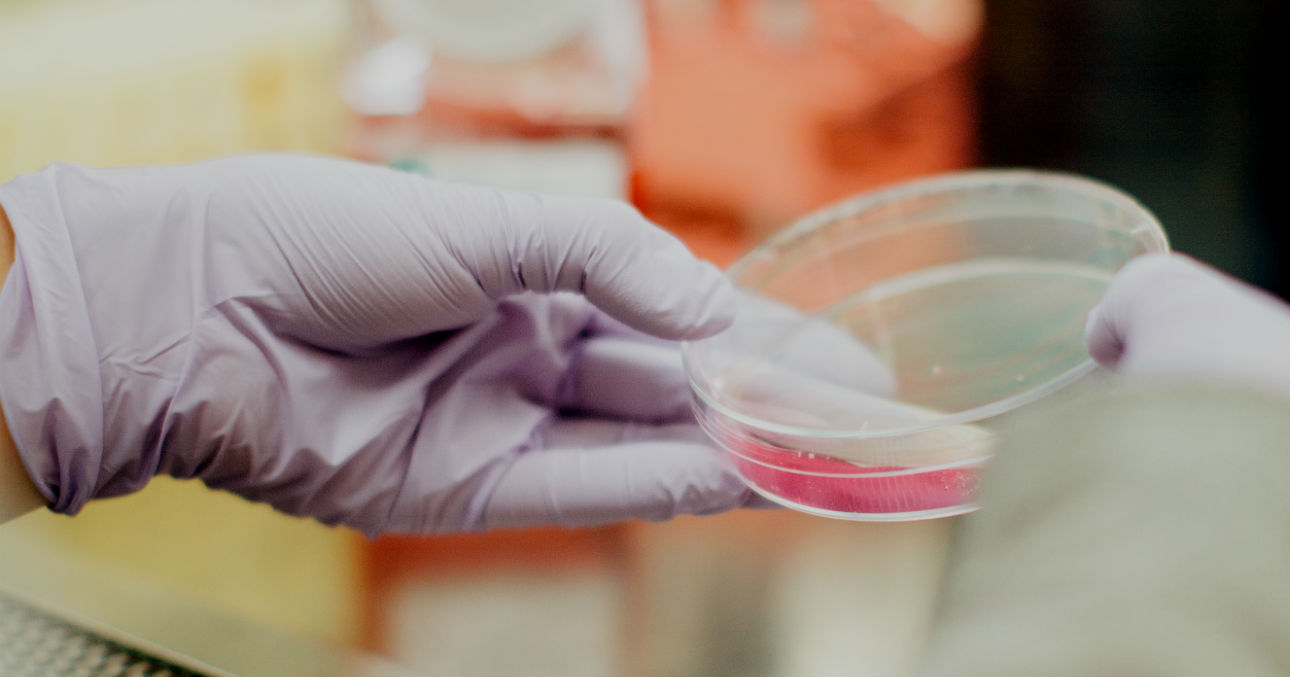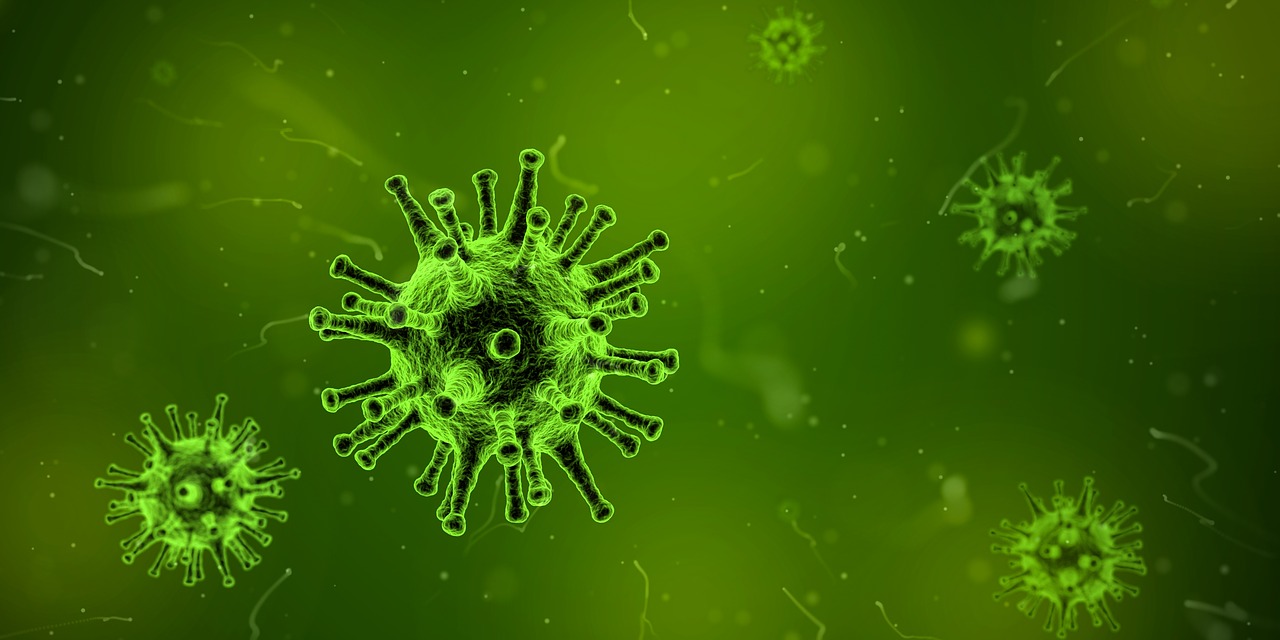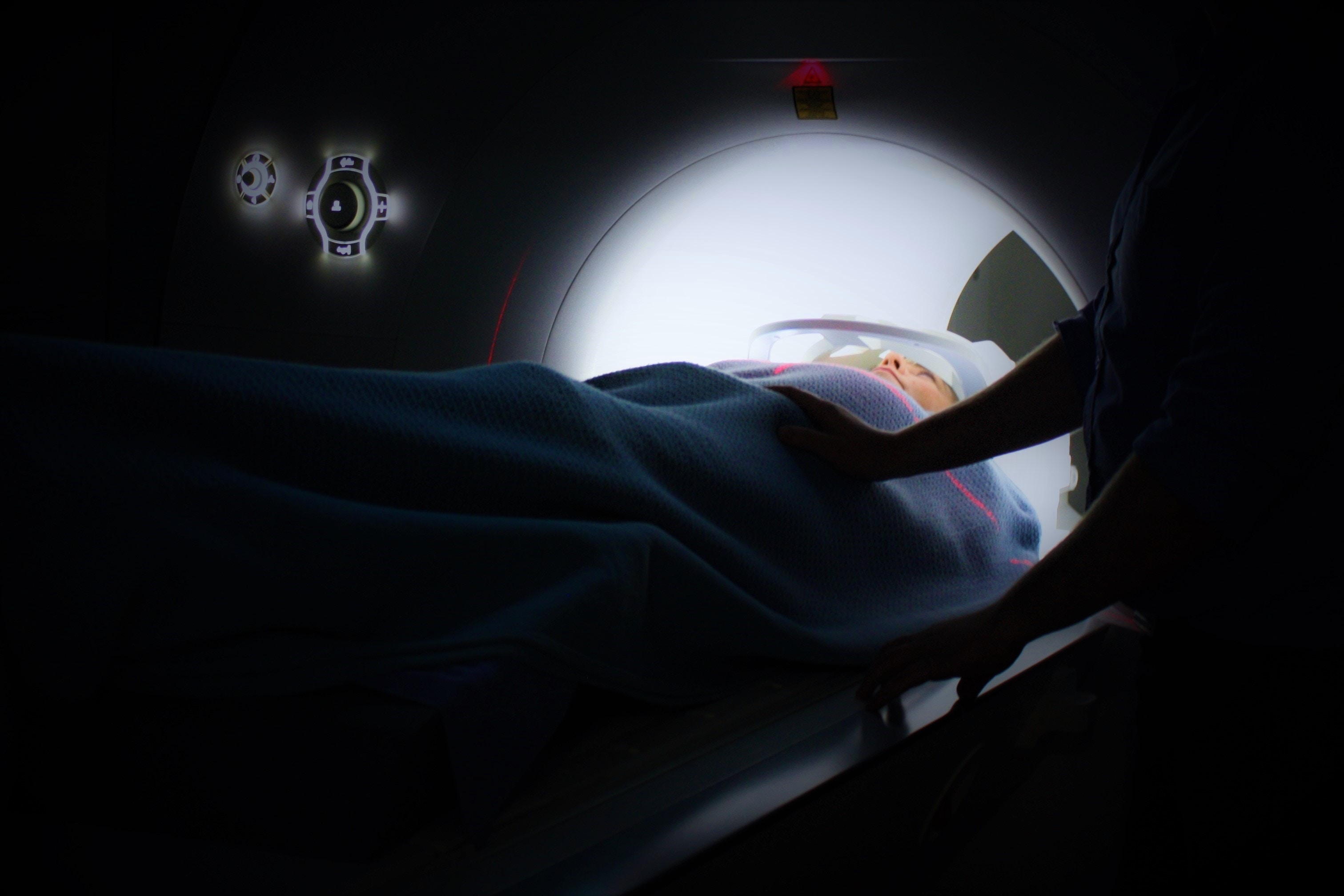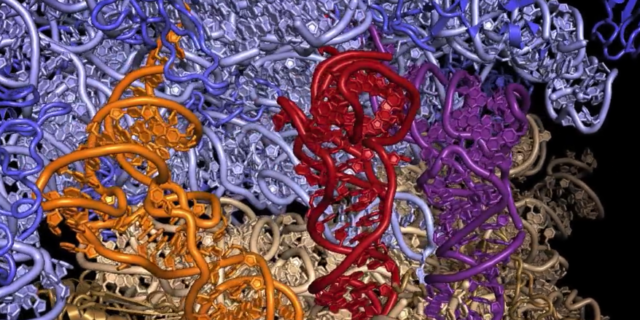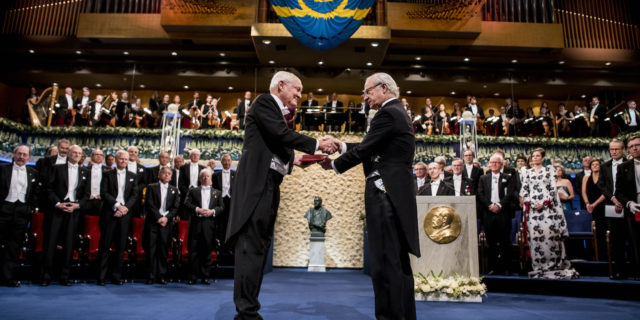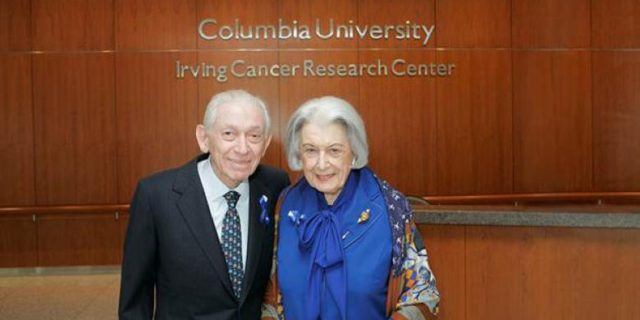The vision of precision medicine – a new, more precise, deliberate, preventative, and affordable paradigm of care – demands an abundance of new scientific discovery, as well as an understanding of potential effects on society. Scientists in the Arts & Sciences are focused on a range of precision medicine challenges, including:

TAILORED TREATMENTS
All medications currently in use interact with only two percent of the proteins in our cells. Columbia chemists and biologists are using new information on the structure of cell proteins to gain access to the other 98 percent, creating possibilities for new targeted approaches to disease. By integrating chemistry with biophysics and models of patient-specific disease states, we will be able to take an individually tailored approach to treating the specific disease found in each patient.
GENETIC VARIATION
Columbia is tackling a fundamental question in human genetics first posed a half century ago: to what extent is the diversity of human traits accidental – reflective simply of mutations introduced in copying DNA – and to what extent is it beneficial and due to adaptation to past or current environments? A stellar group of scientists are working to understand genetic variation at Columbia, leading the research that will allow us to predict how genetic variation contributes to disease risk, laying the scientific groundwork for precision medicine.

MOLECLUAR MOVIES
Understanding how biological molecules, such as proteins, work requires a high-resolution movie detailing how their structure and dynamics contribute to their function. This helps us to understand how it recognizes and binds to other biomolecules, carries out biochemical reactions, performs mechanical processes, and how it may be targeted for therapeutic effects. Columbia is home to a pioneering community of experts in biomolecular structure and dynamics whose work is transforming how we understand genetic diseases and how we will treat them.
-
In this video, Ruben Gonzalez, Professor of Chemistry, and Molly Przeworski, Professor of Biological Sciences, explain how their research and Columbia's commitment to precision medicine is helping to move the field forward.
-
Columbia's Joachim Frank, one of this year's Nobel Laureates in Chemistry, received his Nobel Medal on December 10 in Stockholm and described his work in electron microscopy in his Nobel lecture.
-
The Irvings’ historic gift will have a profound impact on cancer research and treatment, building on three decades of support for Columbia University Medical Center.



